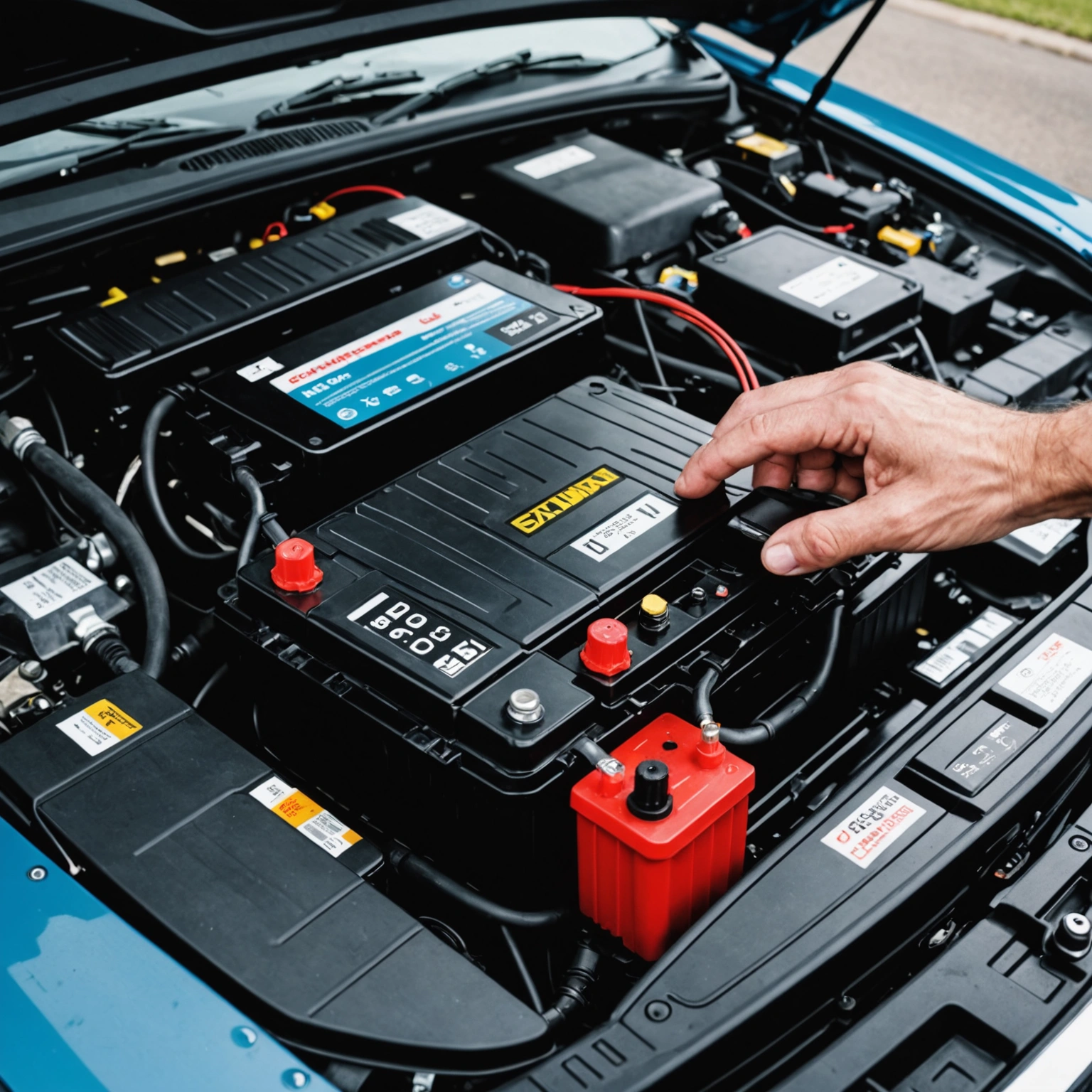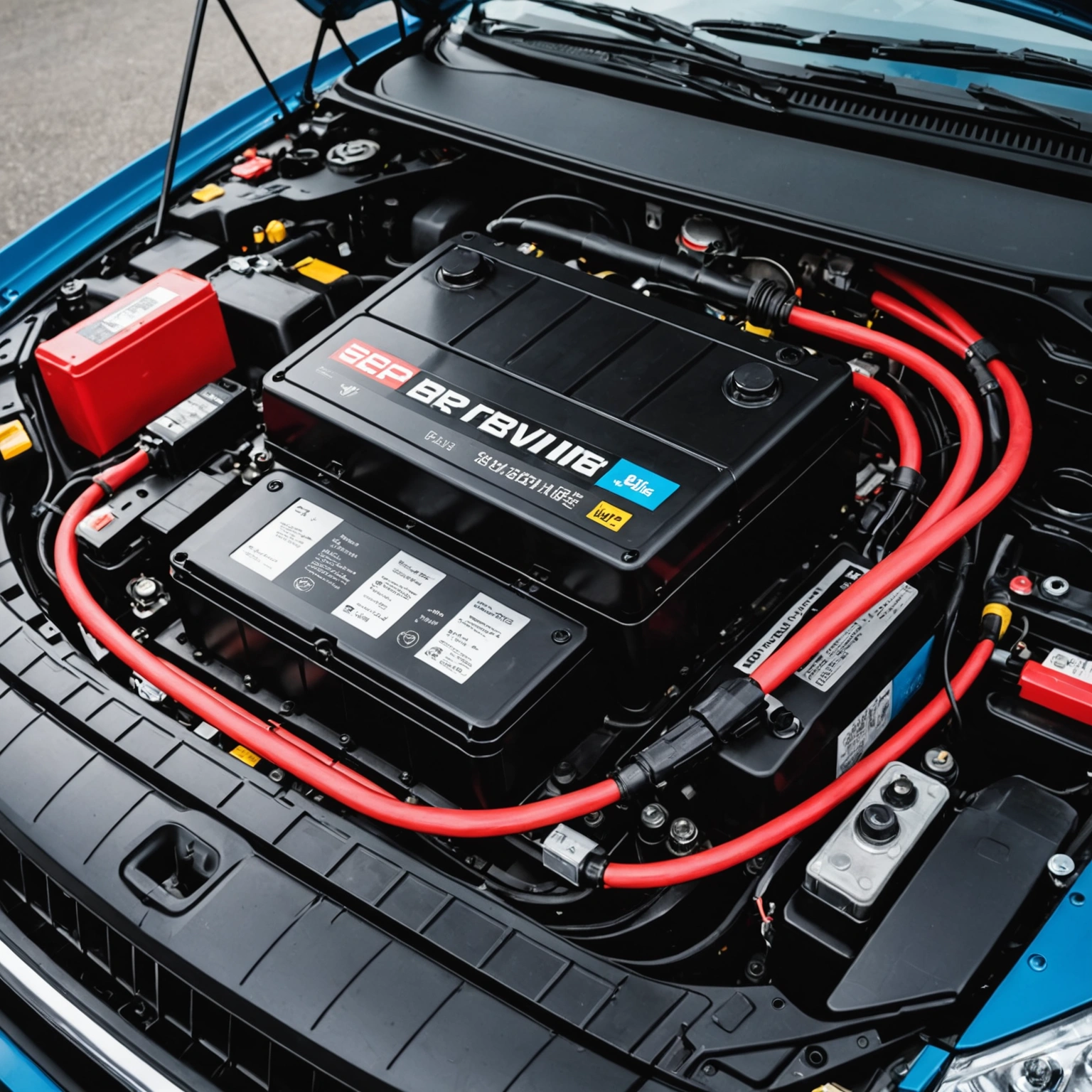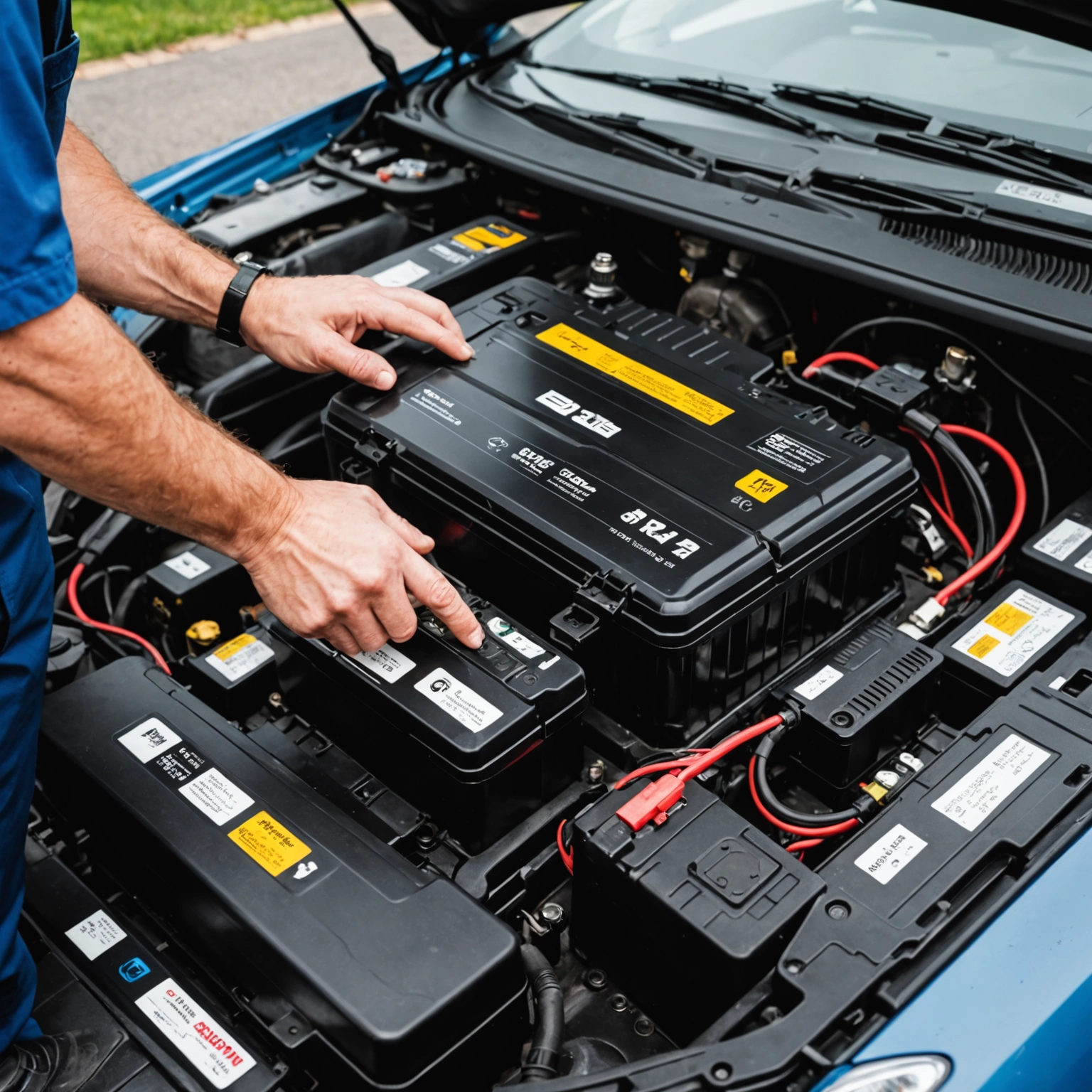**Why Does My Car Keep Dying Despite Having a New Battery?**
Having a new battery installed in your vehicle is usually a relief, promising reliable starts and smoother operation. However, if your car continues to die or struggle with starting despite the fresh battery, it can be frustrating and confusing. Let’s explore some common reasons why this might happen and what steps you can take to diagnose and resolve the issue.

### 1. **Charging System Problems**
**Alternator Failure:**

The alternator charges your battery while the engine runs. If it’s failing or malfunctioning, your new battery may not be getting properly charged. This can cause your car to die once the initial battery power depletes.
**Signs:**

– Dim or flickering headlights
– Warning light on the dashboard (often a battery-shaped icon)

– Electrical accessories acting erratically
**Solution:**
Have your alternator tested at a repair shop. Replacing a faulty alternator can restore proper charging and prevent future battery drain.
### 2. **Loose or Corroded Battery Connections**
Even with a new battery, poor connections can cause starting issues. Corrosion on terminals or loose clamps can prevent proper electrical flow.
**Signs:**
– Difficulty starting or intermittent electrical issues
– Visible corrosion or loose clamps on battery posts
**Solution:**
Clean the terminals with a mixture of baking soda and water, ensure clamps are tight, and check for any damaged cables.
### 3. **Parasitic Drains**
Some electrical components can draw power when the vehicle is off, leading to battery drain. If a parasitic drain is excessive, your battery may not last long, even if new.
**Signs:**
– Battery dying overnight or after a few days of inactivity
– Electrical components staying on when they shouldn’t
**Solution:**
A mechanic can perform a parasitic draw test to identify and fix electrical leaks.
### 4. **Faulty Voltage Regulator**
The voltage regulator controls how much voltage the alternator produces. A malfunctioning regulator can overcharge or undercharge the battery.
**Signs:**
– Battery overcharging (can cause damage) or undercharging (leading to drain)
– Unusual electrical behavior
**Solution:**
Have the regulator tested and replaced if necessary.
### 5. **Ignition Switch or Wiring Issues**
Problems with the ignition switch or wiring harness can interrupt power flow, causing your car to die unexpectedly.
**Signs:**
– Intermittent starting problems
– Sudden loss of power while driving
**Solution:**
Diagnosis by a professional to check wiring and switch functionality.
### 6. **Engine or Fuel System Problems**
While less common, issues like a failing fuel pump, clogged fuel filter, or engine misfires can cause stalling or difficulty starting, mimicking battery issues.
**Signs:**
– Engine stalls under load or at idle
– Poor acceleration
**Solution:**
Address engine and fuel system problems separately, as they may be unrelated to the battery.
—
### Final Thoughts
If your car keeps dying despite a new battery, it’s important to look beyond the battery itself. Often, the root cause lies within the charging system, electrical wiring, or engine management components. Regular diagnostics by a qualified mechanic can pinpoint the exact issue, saving you time and preventing further damage.
**Pro Tip:**
Always have your vehicle’s charging system tested when replacing the battery, to ensure all components work harmoniously. This proactive approach can help keep your car reliable and on the road for miles to come.
—
**Need help diagnosing your vehicle?**
Consult a trusted automotive technician or visit your local repair shop for a comprehensive electrical system check. Staying ahead of these issues can save you from unexpected breakdowns and costly repairs down the line.

